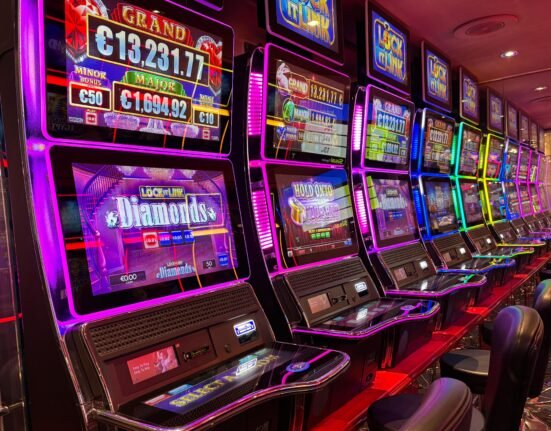GRAI unveils application roadmap for B2C gambling operators ahead of market reform
The Gambling Regulatory Authority of Ireland (GRAI) has officially published its long-awaited licensing guidelines, signaling a decisive step toward a modern, regulated gambling landscape in Ireland. The guidelines mark the early phase of what is expected to be a significant transformation of the Irish gambling sector, with the regulator preparing to open licence applications later in 2025.
While a specific launch date has yet to be announced, GRAI has reiterated its confidence that the application window for new gambling licences will be live before the end of the year. The initial phase of licensing will focus exclusively on business-to-consumer (B2C) operators – both online and land-based – with B2B suppliers, charities, and philanthropic models scheduled for subsequent rollout.
Step-by-Step Application Requirements
The new licensing guidelines, now available on the GRAI’s website, outline a structured process designed to improve transparency and regulatory certainty. A critical first step is the mandatory 28-day Notice of Intention, whereby potential applicants must notify the regulator ahead of submitting their full application.
Key components of the licensing application include:
Detailed business information and operational plans
Compliance with responsible gambling measures and consumer protection standards
Disclosure of ownership structures and financial documents
Payment of applicable licence fees, which are expected to vary based on the scale and nature of the operation
The guidelines aim to standardise what has historically been a fragmented system under older legislation, including the Betting Act 1931 and the Gaming and Lotteries Act 1956.
Interim Frameworks and Transitional Rules
Until the new licensing regime is fully operational, GRAI encourages operators to continue applying for or renewing licences under the current Revenue Commissioners framework. Additionally, lottery licences will remain under the remit of District Courts and An Garda Síochána, preserving the existing process for charitable and local lotteries in the short term.
GRAI also intends to publish additional documentation “soon” for certification laboratories, which will play a key role in evaluating the technical integrity and fairness of gambling products.
Building Global Partnerships and Regulatory Strength
Ireland’s regulatory authority has been particularly active this summer, signing three Memoranda of Understanding (MoUs) with European counterparts. These agreements are designed to enhance international cooperation and information sharing, supporting GRAI’s ability to oversee cross-border operators and suppliers.
This emphasis on partnership and transparency signals Ireland’s ambition to create a robust and internationally aligned regulatory ecosystem.
Conclusion: A New Era for Gambling in Ireland
With the release of these guidelines, GRAI has taken a pivotal step in its mission to introduce responsible, consumer-focused, and enforceable gambling regulation. For industry stakeholders, the licensing rollout represents both an opportunity and a challenge—demanding high levels of compliance, clarity, and operational readiness.
As Ireland transitions into this new regulatory era, operators looking to enter or remain in the market will need to closely follow GRAI’s evolving framework to ensure full alignment and timely application. The sector now awaits the official opening of applications, which could reshape the Irish gambling landscape for years to come.























